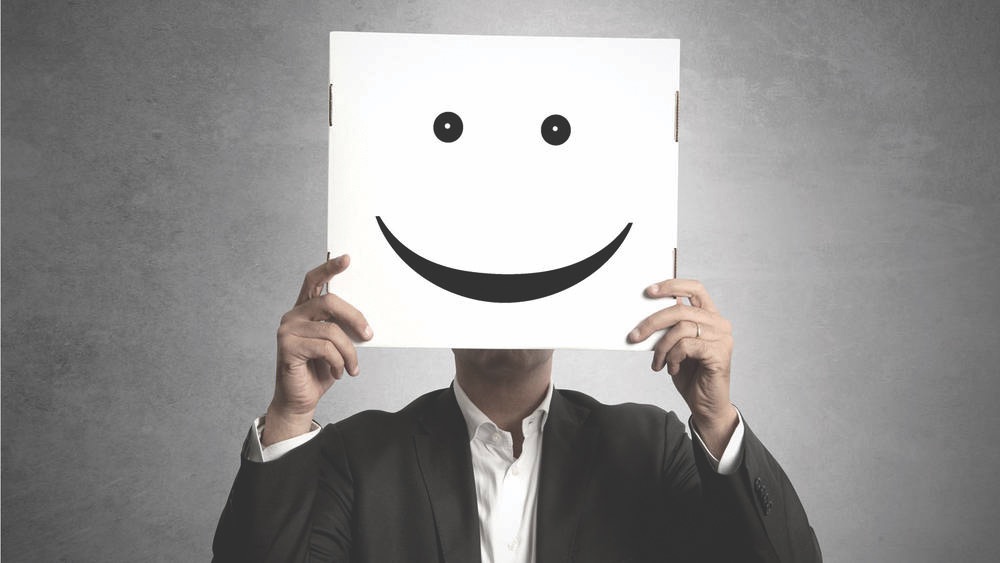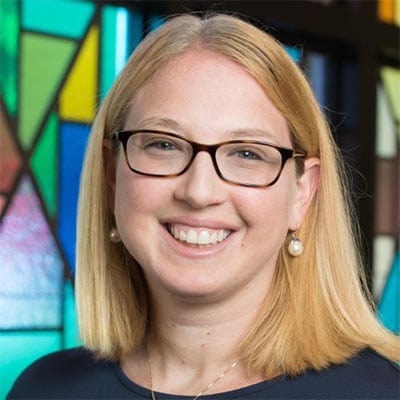
As the song says, “You’re never fully dressed without a smile.”
About two weeks ago, we received the notice that adults and children older than 2 are advised to wear masks outside. It’s an emotional experience to put a mask on your child, normalizing a walk around the neighborhood with the donning of protective gear.
But the hardest part wasn’t enacting a safety precaution.
I’ve come to take for granted the smiles people offer when they see children playing. Those smiles are sometimes smiles of parental commiseration, smiles of shared joy over simple pleasures, smiles of neighbors living vicariously through the innocence of little ones.
Those smiles are missing … or at least very hidden.
I find myself staring at faces, trying to see a possible smile in someone’s eyes or a crinkle in someone’s forehead indicating a grin. But that investigation is almost impossible when cloth covers half of a person’s face.
Pirkei Avot or “Ethics of the Fathers,” guides each person to receive others with a cheerful face. A genuine smile typifies this piece of wisdom. Now what? When we walk through this world, how do we connect stranger to stranger, friend to friend if not through the sincere offering of one’s heart through one’s smile?
So perhaps an unconventional solution:
Smile harder. Smile stronger. One day, we won’t wear masks. If the smiles stop behind the masks, we’ll develop a heartbreaking habit. It will feel natural to just walk by one another without recognition, respect or grace.
I may not see your smile behind your mask. But when you choose to smile, you remind your heart of its purpose. To be a human being that continues to receive each child of God with love and compassion.
Smile harder. I’ll feel it. You will, too.
Shabbat shalom.























 More news and opinions than at a Shabbat dinner, right in your inbox.
More news and opinions than at a Shabbat dinner, right in your inbox.